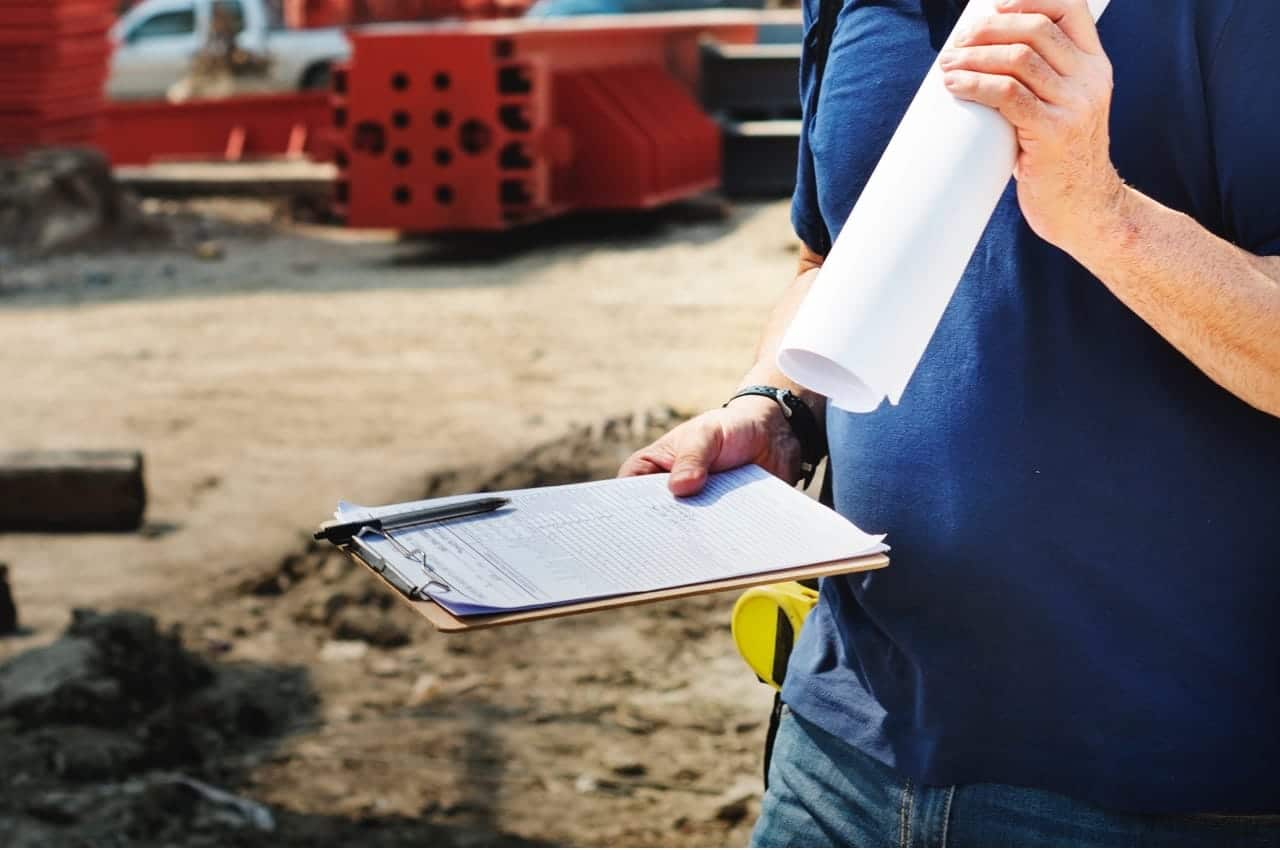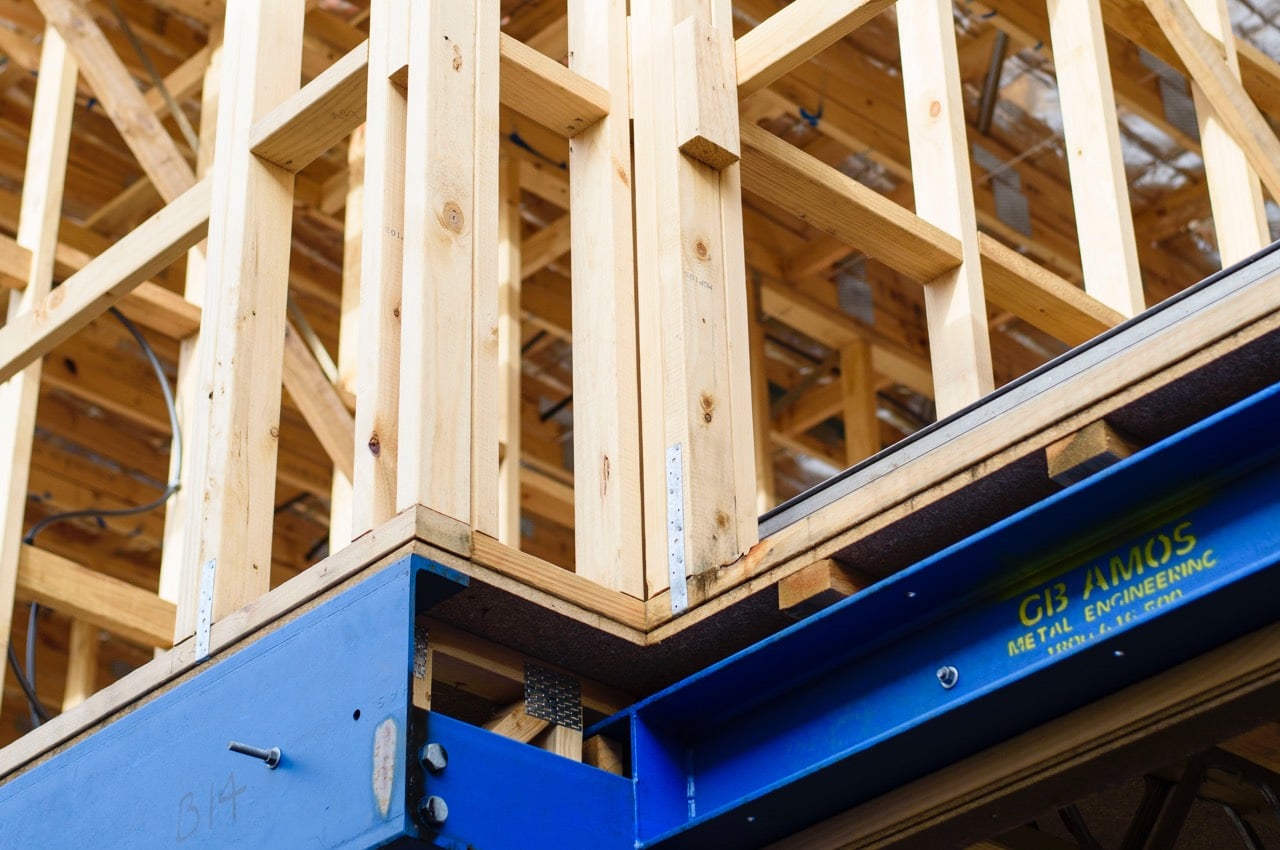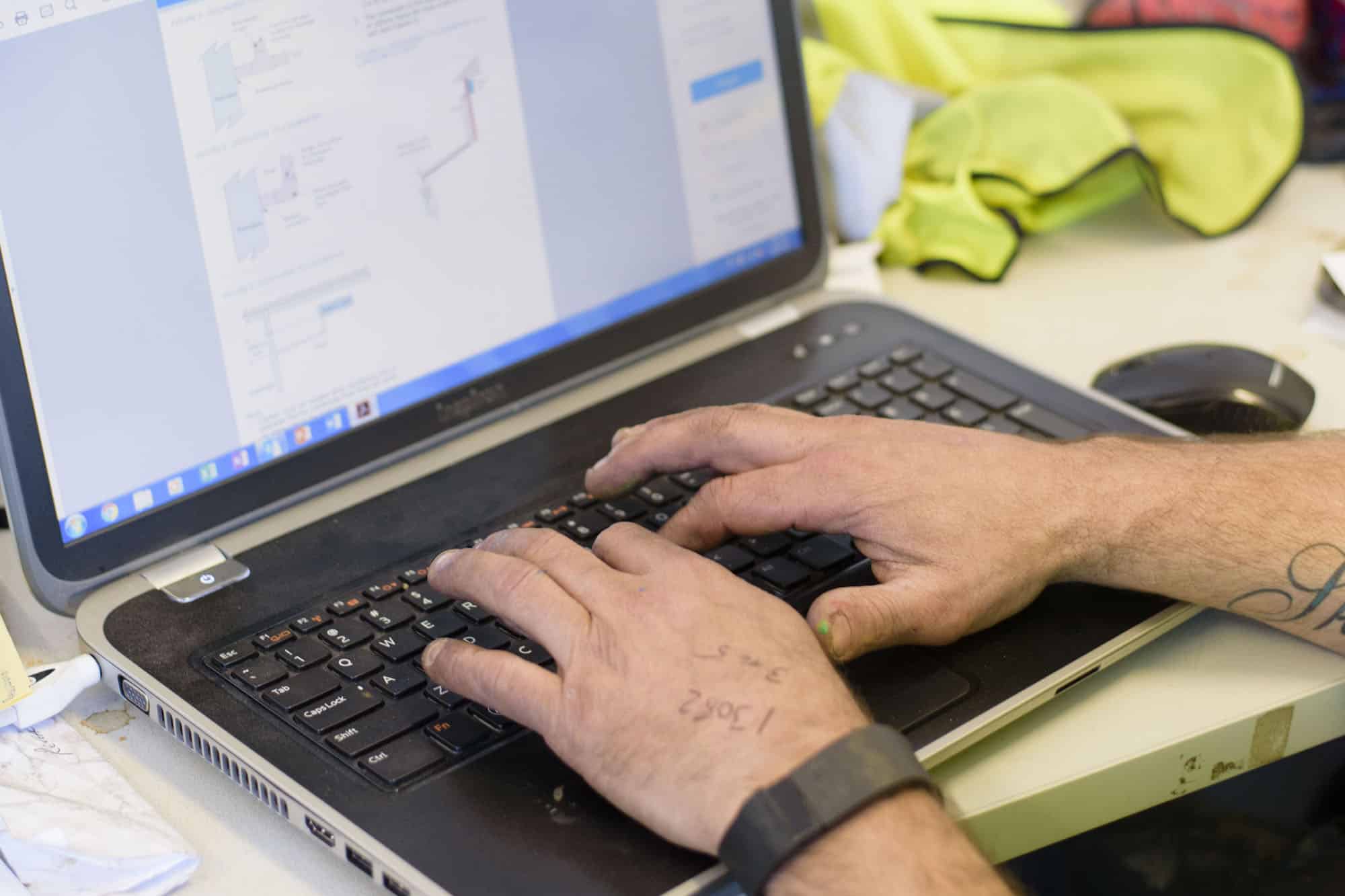START YOUR OWN BUILDING BUSINESS WITH THESE 5 THINGS IN MIND

Starting your own business is an equally exciting and daunting prospect — there’s almost as much to lose as there is to gain.
As the person in charge, it’s your job to take charge of key decision-making, logistics and people management. To do this, you need to learn a range of supporting business skills relevant to the construction industry to complement your craft.
These skills might include administration, marketing, customer service and customer management, as well as accounting, to name a few.
Where can I learn how to start my own building business?
As a business owner, you are entirely in charge of your earning potential. This is an appealing factor, and one that is driving more and more tradies to enrol in a Diploma of Building and Construction with Builders Academy Australia.
While taking steps in developing your own construction business may seem daunting, luckily for you it is a well-travelled path.
When you make the switch from a career on the tools to one as an owner, you’ll find yourself amongst countless other tradies who have kicked their career up a notch and enjoyed the rewards that a Diploma of Building and Construction can offer.
Let’s look at some of our key tips on beginning a construction business of your own.

How do I start a small construction business?
While a Diploma of Building and Construction online can teach you a great deal, your previous hands-on experience in the construction industry can’t be underestimated. Your knowledge of operating systems, as well as the process and planning involved with construction management, will be of vital value in almost every aspect of beginning your own construction company.
Using your building construction knowledge
Whether you’ve specialised in a trade for your entire working life, or have experienced a broader building background that you would like to supplement with a course, your real-world experience is invaluable.
It means you will be well placed to know what to look for when hiring people to do construction work for you, which is perhaps the most important foundational step in creating a successful construction business structure. Furthermore, you will be capable of offering better advice to customers on individual jobs, and you’ll have the skills you need to accurately plan the budget and scope of each new project as it comes in.
Ultimately, using your existing resources and business acumen to navigate the different factors of a complex industry will mean you have a firm grasp of the market you’re operating in before you even begin.

What skills are needed to start a business in the building and construction industry?
Accounting and finance skills are often skipped over by tradies, but acquiring them is an important step in moving away from the tools and into a more managerial role as a new business owner.
The importance of financial planning in business ownership
After years in the industry as a contractor or employee, you’ve likely had some degree of responsibility in quoting, budgeting, and invoicing for the work you and your team have completed. As an owner, you need to be able to combine this understanding of how much things cost and how long jobs and services take to complete, while also incorporating more factors like overhead expenses and business profit into the equation.
But there are some areas that you may want to look at strengthening. One of the most important aspects of owning your own business is taking control of the finances. Without a weekly wage paid by your employer, the responsibility falls to you and only you for whether the business will sink or swim financially.
Who can I talk to about finance and accounting?
There are great financial institutions and services out there to help you gain the knowledge you need to be a responsible business owner who can manage the flow of money in the business.
You could speak to an accountant or planner who specialises in helping startups and small businesses.
It’s also possible to take a short course on the basics to coordinate your business’ use of self-accounting software, like Xero, to integrate these tools into your workflow or project management platforms.
Being able to identify the gaps in your money knowledge as a business owner is a powerful tool in the growth of your company and the creation of a smooth system of operation for the future.

Is networking an important skill for tradies?
When you’re starting from the ground up, gaining clients and strengthening your network is a top priority. Building relationships with potential customers is a great way to get your name and business name into the construction community, and a crucial part of the development of your reputation.
How can I begin creating a networking community?
A great way to start networking is reviewing your existing construction contracts for any non-complete or client-poaching clauses, before making a list of who you know and how their knowledge or expertise could benefit both parties and their businesses. Implementing a good structure for keeping in touch with key industry players in recent years lays the foundation for a rich, complex networking structure that will last into the future.
How can I identify people to network with?
Do you have any previous clients who loved your work more than anyone else’s? Did you get great feedback from clients who you enjoyed working with, too? These are contacts you should maintain relationships with.
Perhaps you could attend networking events in your local area to drum up those first clients. If you do this, it’s important that you have at least a basic website to direct them to.
Further study, like a Diploma of Building and Construction online, can even put you in contact with like-minded people in the industry — who might become future clients or partners.
Talk to your tradie mates in the construction industry and let them know of your new direction. They may be able to refer jobs to you, or put in a good word with potential clients. Try to think about it like a two-way street; are there any ways you can offer them a win-win situation, by referring jobs back to them in return?
Don’t forget to ask for testimonials and draft up case studies for those first few key clients. This is great proof to offer future customers of your quality work, and provides them with a benchmark of what to expect when doing business with you.

How do I file a tax return for my construction company?
Depending on the nature of your previous role, you may have had a certain amount of experience in lodging your own tax return as a sole trader or independent contractor. But moving ahead, you’ll want to speak to a qualified accountant or some financial institutions about your plans for your business and how the tax will need to be paid, for the long-term financial safety of your building company.
Starting off financially fit
From day one, it’s a good idea to keep a separate account for tax payments. Charge 20% of all jobs straight there, and you won’t even notice it piling up. Forget this step, and you’re in for an unpleasant surprise at the end of your first financial year.
Documentation is key
When it comes time to fill out your forms, you’ll be grateful that you’ve kept a detailed record of expenses, income streams, assets, and deductions.
You should take the time to get your software right, and much of this can be done for you. The Australian Taxation Office’s myTax tool can help to provide you with an introduction, for example.

What is the best small-business software?
You’ll likely be excited to register a business name and take on board your first employee, but setting up a building and construction business right is worth the time it takes.
A Diploma of Building and Construction can help you tick all of the boxes, no matter the size of your business.
What software should I start with?
To start off with, you’ll need:
- a website
- some basic accounting software
- a specialised building and construction project or workflow tool.
The workflow tool may also be able to track your time and vehicle usage, and provide basic reports and analysis on each. Your accounting package should be designed to communicate with it this tool, which is worth setting up for convenience’s sake.
Streamlining processes in the construction industry
Your overall goal should be to streamline processes from the beginning, both outwardly in the building and construction industry as well as behind the scenes in your daily operations.
From the beginning, no matter how simple your first job is, use it as a test run to make sure that everything is flowing as it should — from writing your first quote, to invoicing that first job.
Get these first steps right, and scaling up as your business expands will be as hassle-free as possible.
This article has been updated and republished on 22nd May 2023.
